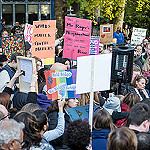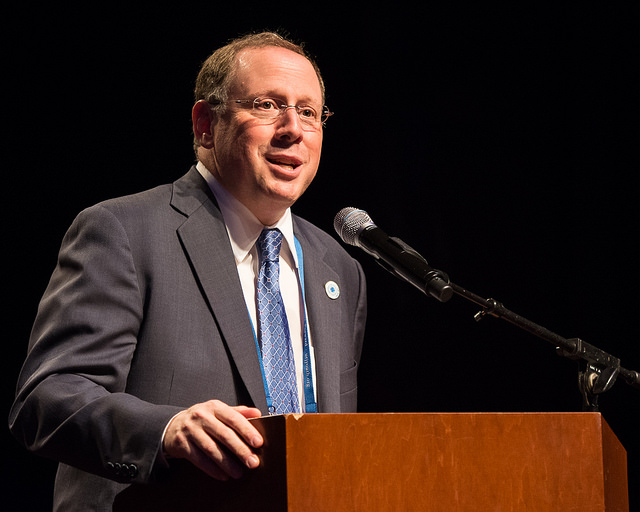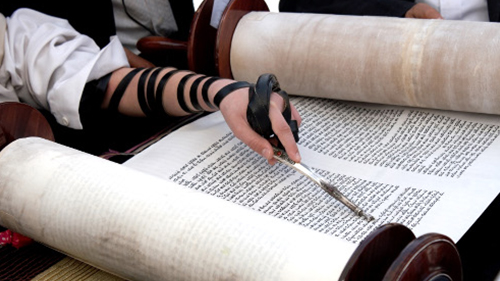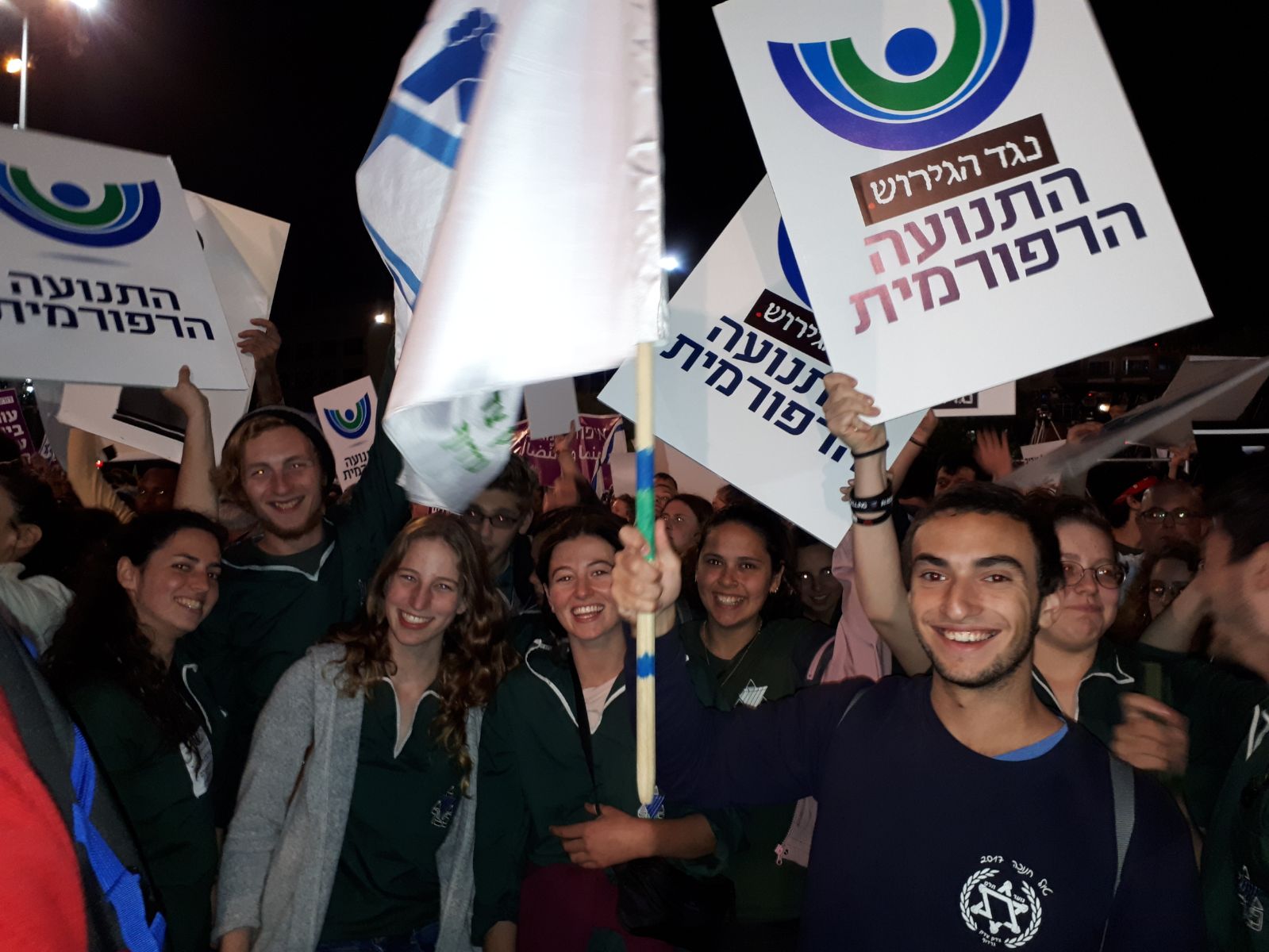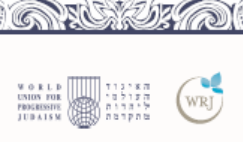t is, in fact, quite a powerful image to imagine. The foundations of Israel and its enemy people originating in the same womb, struggling for power, quarreling with one another from their pre-birth days. But the narrative could have been told differently. We, Israel, the descendants of Abraham, Isaac, and Jacob could have been born by ourselves without quarrel or contention – without having to share ancestry or even a womb. The narrative could have been anything under the sun.
It is with profound sadness that the World Union for Progressive Judaism reaches out to the Jewish community of Pittsburgh to send its condolences. We stand with you. We share your pain and shock. Please find resources from across our regions and way you can stand in solidarity against anti-Semitism.
We are a proud, strong and supportive global Jewish family. On May 5, 2018, a leading and much loved member of our family – our beloved teacher, mentor, friend, visionary inspiration and partner, Rabbi Aaron D. Panken, died tragically and prematurely in a plane crash. Rabbi Panken has served as the President of Hebrew Union College-Jewish Institute […]
Virtually, the entire book of Leviticus imagines God speaking to Moses. It is all instruction and no action. One significant departure into narrative is a striking little tale begun in Chapters 9 and 10, the ordination of Aaron and his four sons as priests (kohanim) for the people Israel, and the disastrous action of two of the sons that lead to their fiery death. The story concludes six chapters later, with the Torah portion, Acharei Mot. Depicted here—almost hidden among the thicket of priestly laws and regulations—is one of the most dramatic scenes in Torah: the first Day of Atonement.
The March 24 March for Our Lives coincided with the annual international Netzer Leaders Assemby (Veida), sponsored by ARZENU, KKL and WZO, where teen delegates from over 14 countries gathered to discuss the future of the Progressive Youth Movement. This year’s conference focused on Tikkun olam: As Reform Jews, does it require action or is […]
This Shabbat has a special name. It is called Shabbat Ha-Chodesh, the Sabbath of The Month, the month being Nissan when we will celebrate the beginning of Jewish history, as we participate in the celebration of Passover, two weeks from now. According to Tractate Rosh Hashanah of the Mishna Rosh Chodesh Nisan is one of […]
This Torah portion is known for its story of the Golden Calf, built when Moshe failed to return from the mountain on exactly the 40th day as expected. The people panicked, thought Moshe was dead, and that God had abandoned them. Aaron, ever the peace-lover, reasoned that the people needed a visible symbolic representation of God to reassure them. The People were not denying the God of the first commandment, but rather broke the second commandment prohibiting the building of idols. When Moshe returned with the tablets, he was indignant and smashed the tablets to show that the covenant between God and the Children of Israel had been shattered.
After the thunder and the lightning, the blare of horns and the smoking mountain, after the chaos and the ecstasy and the fear and trembling of the revelation at Mt. Sinai, we get the rules. Parashat Mishpatim is where we begin to move from the sweeping narrative of the Book of Genesis and the first part of the Book of Exodus to the more granular, specific, some-might-even-say overly detailed descriptions of laws and ritual that occupy most of the rest of Exodus and all of Leviticus.
The World Union joins our regional partners, and members of our global Progressive movement, in issuing the following statement protesting the deportations of asylum seekers in Israel. You shall not wrong nor oppress a stranger, for you were strangers in the land of Egypt. (Exodus 22:20) We strongly urge the Israeli government to reverse its decision […]
On Thursday, December 7, 2017, the World Union for Progressive Judaism (WUPJ) and Women of Reform Judaism (WRJ) will honor Toronto philanthropists and distinguished Reform standard bearers, Nani and Austin Beutel, together with a pioneer of the Israeli Reform Movement, Rabbi Meir Azari, at the International Humanitarian Award Dinner. The evening will feature the exclusive North American premiere of the Debbie Friedman Suite for Orchestra.


